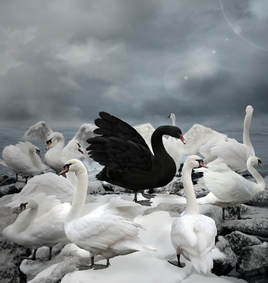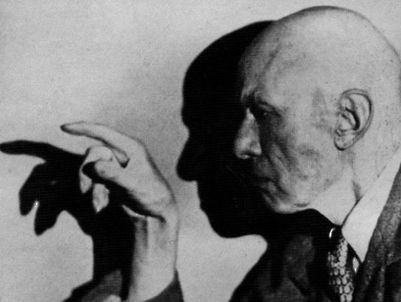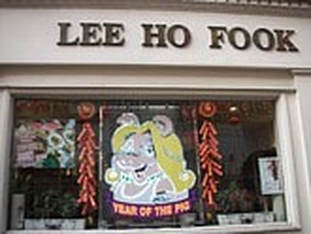There are a lot of classical pieces that make for great Halloween music. Johann Sebastian Bach wrote what is possibly the best Halloween instrumental song: Tocatta and Fugue in D minor. If we want to pull in a choir, we have “O Fortuna” from Carl Orff’s Carmina Burana. (In college, the choir sang this with the university orchestra. There were only five or six first sopranos singing the highest part. We were standing right next to this HUGE gong. It stood taller than my five feet five inches. When it was played for the first time at dress rehearsal, we all jumped and screamed.)
Opera brings us many songs of death, murder and ghosts. The Mad Scene from Lucia di Lammermoor ( Death Count) is used in the movie The Fifth Element. It is sung by the Diva, the big, bald, blue singer. My personal favorite, though, is a little-known piece from The Medium.



 RSS Feed
RSS Feed